The Philippines is widely known for its long history of labor migration, largely defined by people’s movement towards non-agrarian work opportunities in the global market. However, Filipino labor has a rich history of sustaining farms in rural settings overseas, with the settlement of Filipino indentured and contract laborers in North America as a prime example.
Read More >
We are pleased to inform you of an Author Talk by Annemarie Mol on April 6. The Japanese translation of her latest book, Eating in Theory, will be published soon; for this occasion, Prof. Mol will give a talk in Hiroshima.
Read More >
Professors Paul Wenzel Geissler and Ruth Prince, University of Oslo, explore the intertwined biographies of a Tanzanian toxicologist and pesticide expert, Dr Vera Ngowi, and the Tanzanian Pesticide Research Institute, TPRI, a formerly world-leading laboratory, located in Arusha, Tanzania.
Read More >
Let’s start the feminist anthropology reading group we’ve been saying we should do someday. Despite the frequent citations of Strathern, Haraway, and Mol in the writings of Japanese cultural anthropologists who embrace ontological turn, multispecies theory, and STS, the context of feminist theory at the core of their concerns has been almost entirely overlooked.
Read More >
We are pleased to announce that the webinar, jointly organized by Scalabrini Migration Center of the Philippines and The Anthropological Institute of Hiroshima (TAIHI) , will be held from 10 am (JST) to 11:30 am on 27th April, 2023. Our invited speaker, Prof. Anna Triandafyllidou, Toronto Metropolitan University, will deliver a special lecture addressing the broad question, “What migration governance in a post-pandemic world?”
Read More >
The Anthropological Institute of Hiroshima (TAIHI) is pleased to announce a lecture by Dr. Shiho Satsuka on Matsutake Worlds. Having a monograph, Nature in Translation (Duke University Press, 2015), and being a member of Matsutake Worlds Research Group organized by Anna Tsing, Satsuka has engaged with the multi-sited fieldwork centering on Japan, where Matsutake production slumped due to the devastation of satoyama. In the lecture, Satsuka will talk about the plan of her new monograph, The Charisma of Mushrooms: Undoing the Long Twentieth Century.
Read More >
The Anthropological Institute of Hiroshima (TAIHI) is pleased to announce lectures by Dr. Roberto Beneduce and Dr. Simona Taliani on March 18, 2023. Dr. Beneduce is an Italian anthropologist and psychiatrist whose research focuses on traumatic memories in immigrants and asylum seekers from Africa. Dr. Taliani is a medical and psychological anthropologists whose concern is the problems of motherhood of immigrant women in Italy.
Read More >
We are pleased to announce that the seminar jointly organized with International Peace and Coexistence Seminar, will be held from 4 pm (JST) to 6:00 pm on March 6, 2023. Our invited speaker, Prof. Mohammad Shahabuddin, University of Birmingham, will discuss content from his book entitled “Minorities and the Making of Postcolonial States in International Law (Cambridge Studies in International and Comparative Law, Series Number 154)”.
Read More >
The Anthropological Institute of Hiroshima (TAIHI) is pleased to announce a lecture by Dr. Stefan Ecks on embodied value theory, the novel anthropological theory that explains how living entities value life by way of biocommensuration. The lecture will take place at Hiroshima University at 4:00 p.m. JST on February 20, 2023. You are invited to take part either at the venue or online.
Read More >
The Japanese Society of Cultural Anthropology holds a public symposium every year to introduce anthropological ideas to a wide audience. This year’s symposium will focus on the issue of the atomic bombing in Hiroshima. It is not only human beings who were exposed to the atomic bombings, nor are Hiroshima and Nagasaki alone. While rethinking the atomic bombing in the context of the global “nuclear machine,” we will explore the meaning of listening to and expressing the “tiny voices” of humans, animals, and plants that leak out from the bomb through a dialogue between poetic and anthropological imagination, with poet Arthur Binard as our guest speaker.
Read More >
Abstract
As always in the process of making, cities are where diverse peoples, objects, natures and relations are assembled in building and maintaining particular socioecological arrangements across space. In the book Urban Ecologies on the Edge: Making Manila’s Resource Frontier, I tell one such urban socioecological story within and beyond the boundaries of cities as they expand their edges. By enrolling resources from elsewhere, this process reconstitutes both urban and rural spaces, ecologies and lives. […]
Read More >
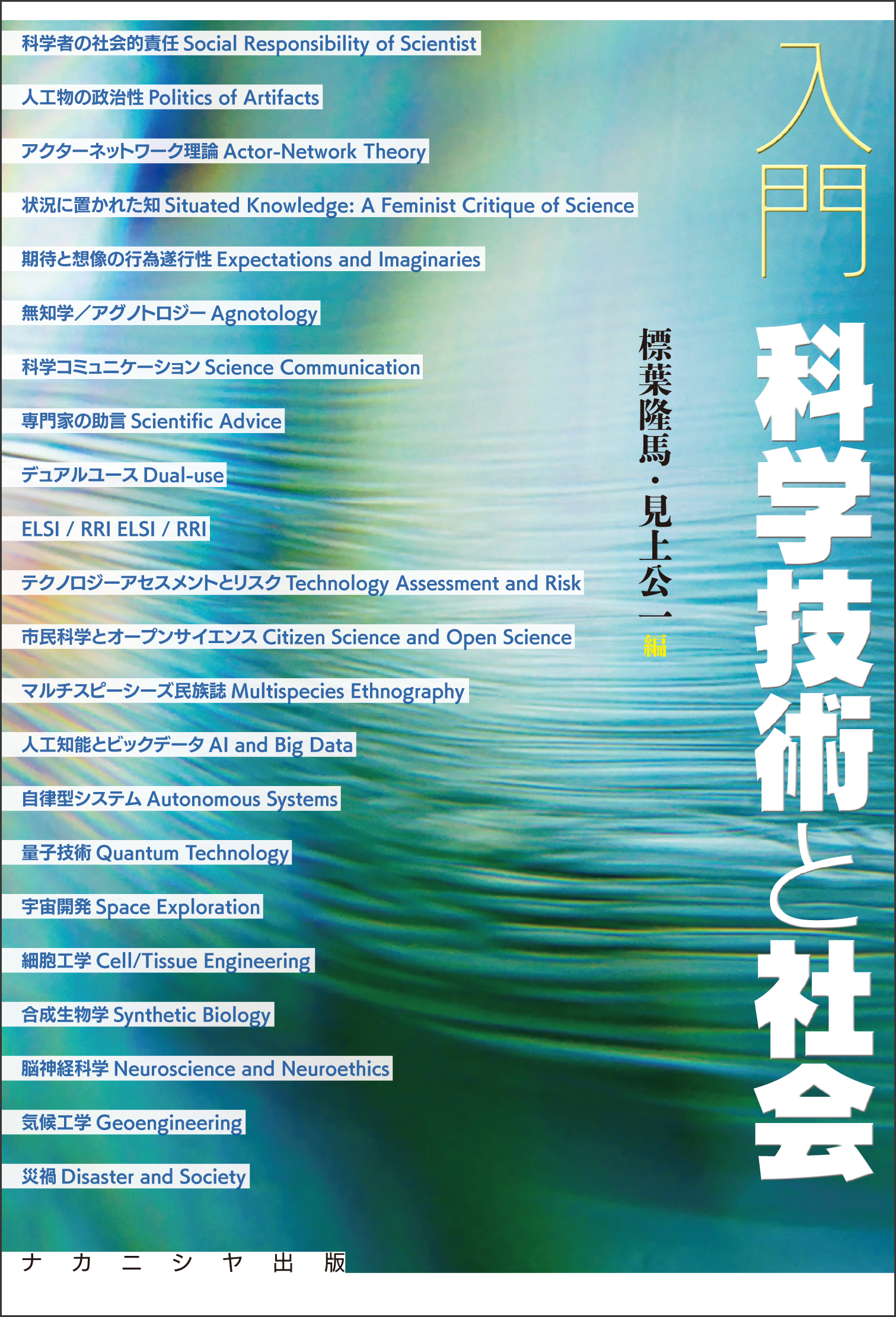
“Multispecies Ethnography” (in Shineha, Ryūma, and Kōichi Mikami eds. Introduction to Science, Technology and Society Studies), book chapter
Kyoto: Nakanishiya Shuppan
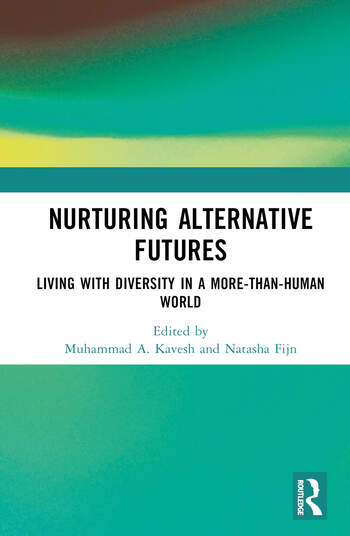
“Cultivating the Ocean: Reflections on Desolate Life and Oyster Restoration in Hiroshima” (in Nurturing Alternative Futures: Living with Diversity in a More-than-Human World, edited by Muhammad Kavesh and Natasha Fijn), book chapter
Oxon and New York: Routledge
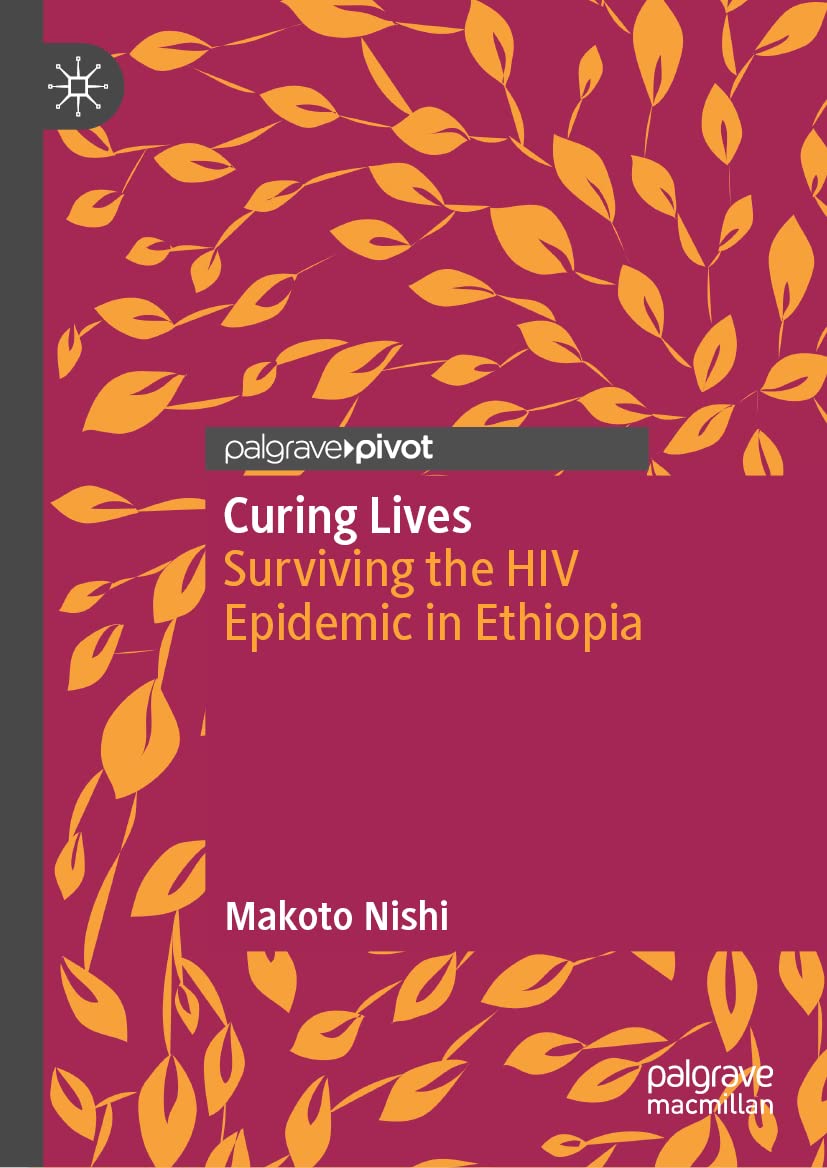
Curing Lives: Surviving the HIV Epidemic in Ethiopia
Palgrave Macmillan
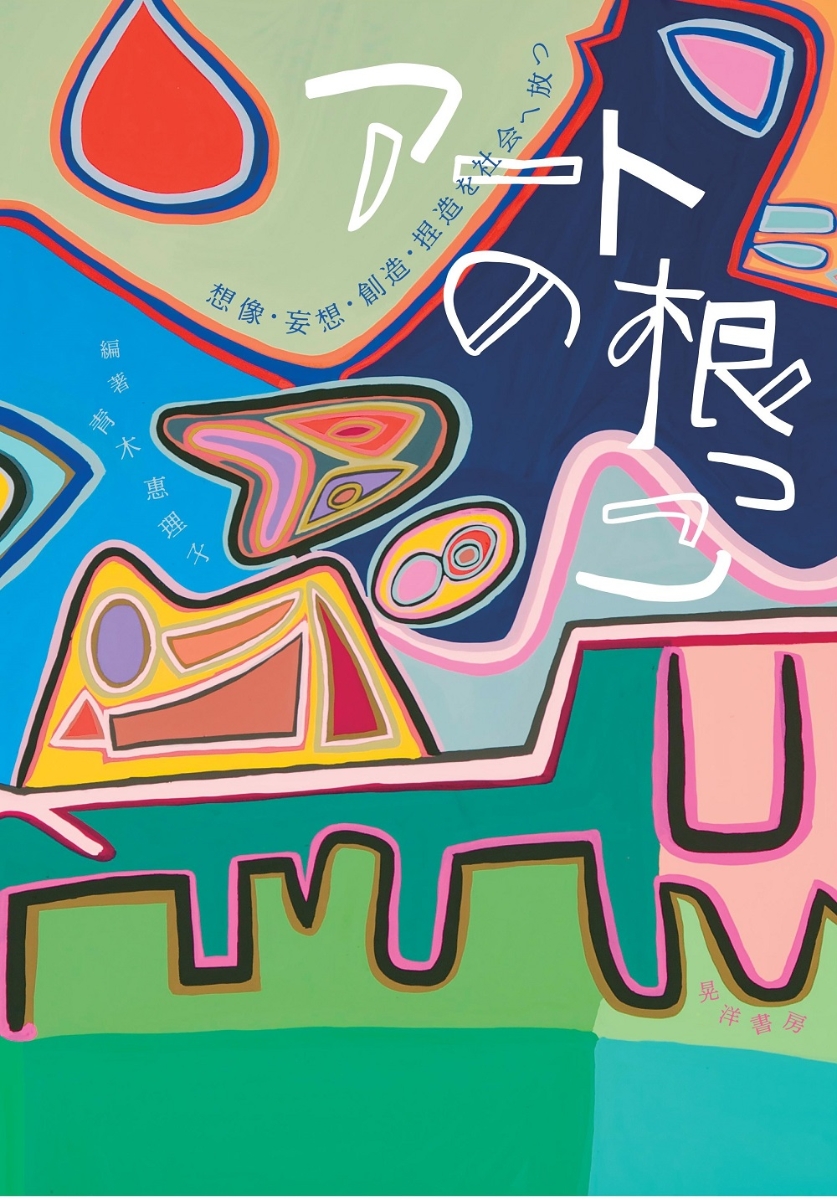
Root of Art: Releasing Imagination, Delusion, Creation and Fabrication
Kyoto: Koyo Shobo
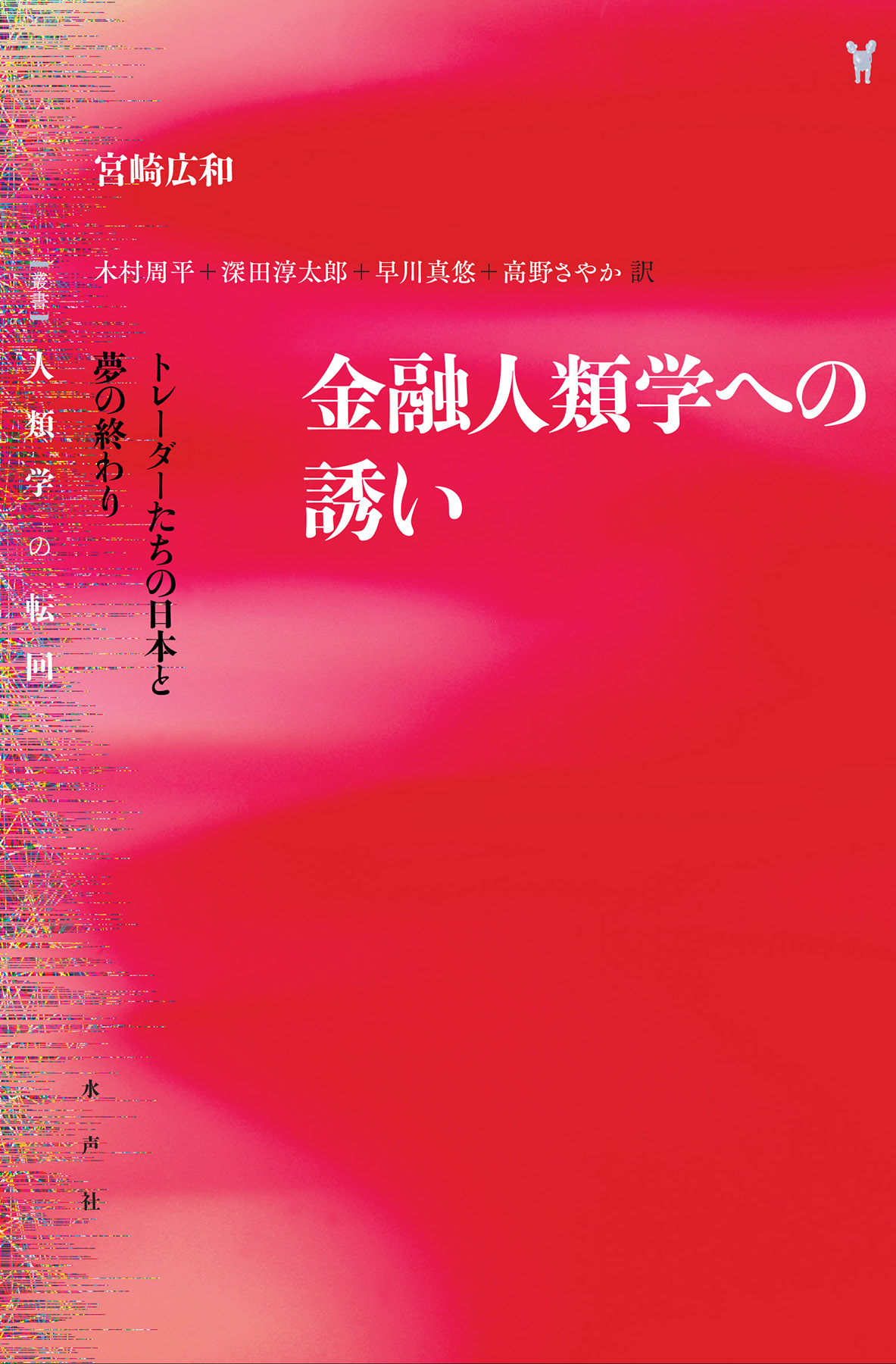
Kin’yū jinruigaku e no sasoi (For an Anthropology of Finance)
Tokyo: Suiseisha
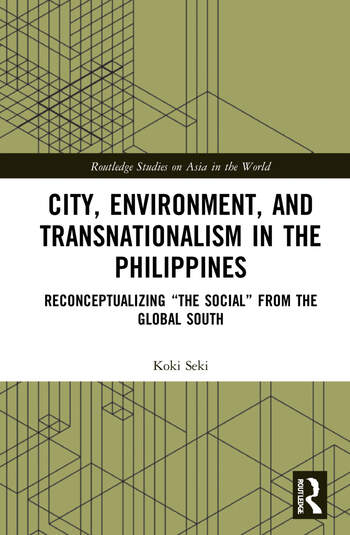
City, Environment, and Transnationalism in the Philippines: Reconceptualizing “the Social” from the Global South
Oxon and New York: Routledge
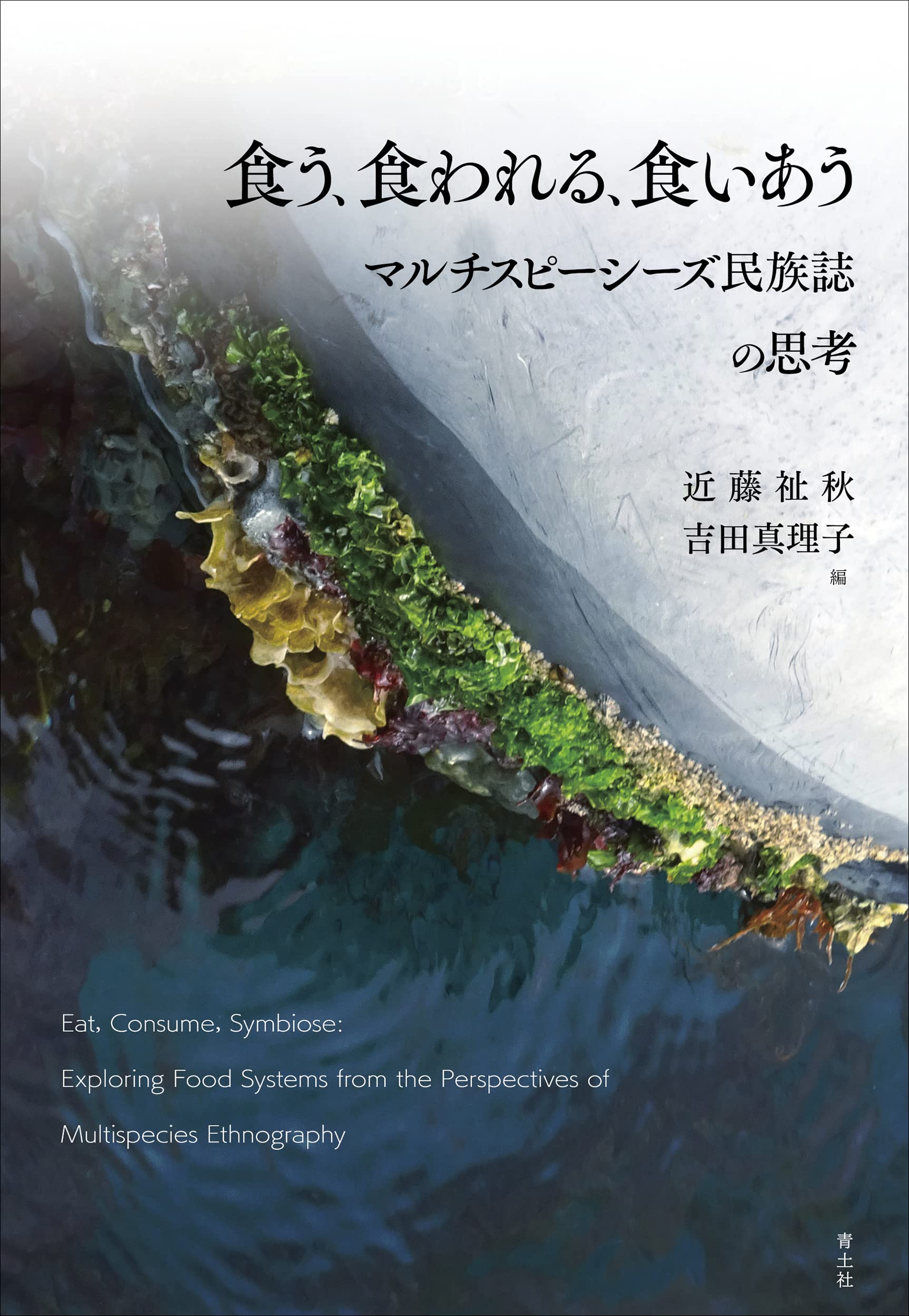
Kuu, Kuwareru, Kuiau: Multispecies Minzokushi no Shiko [Eat, Consume, Symbiose: Exploring Food Systems from the Perspectives of Multispecies Ethnography], co-edited with Shiaki Kondo
Tokyo: Seidosha
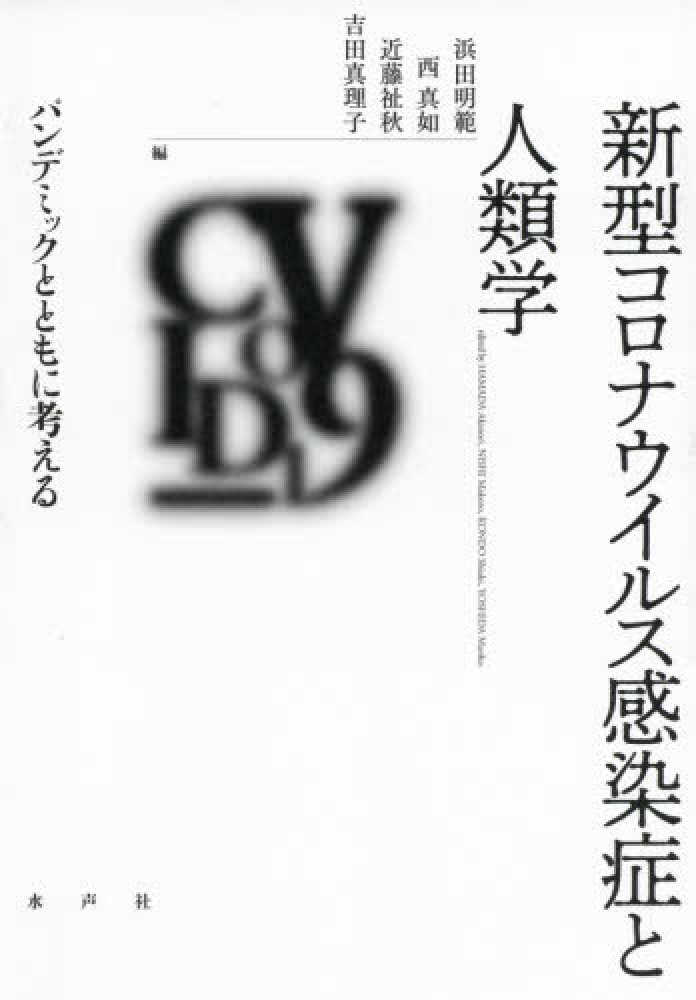
Shingata Corona Virus Kansenshō to Jinruigaku: Pandemic to tomo ni kangaeru [Anthropology in Times of COVID-19: Thinking with the Pandemic]
Tokyo: Suiseisha
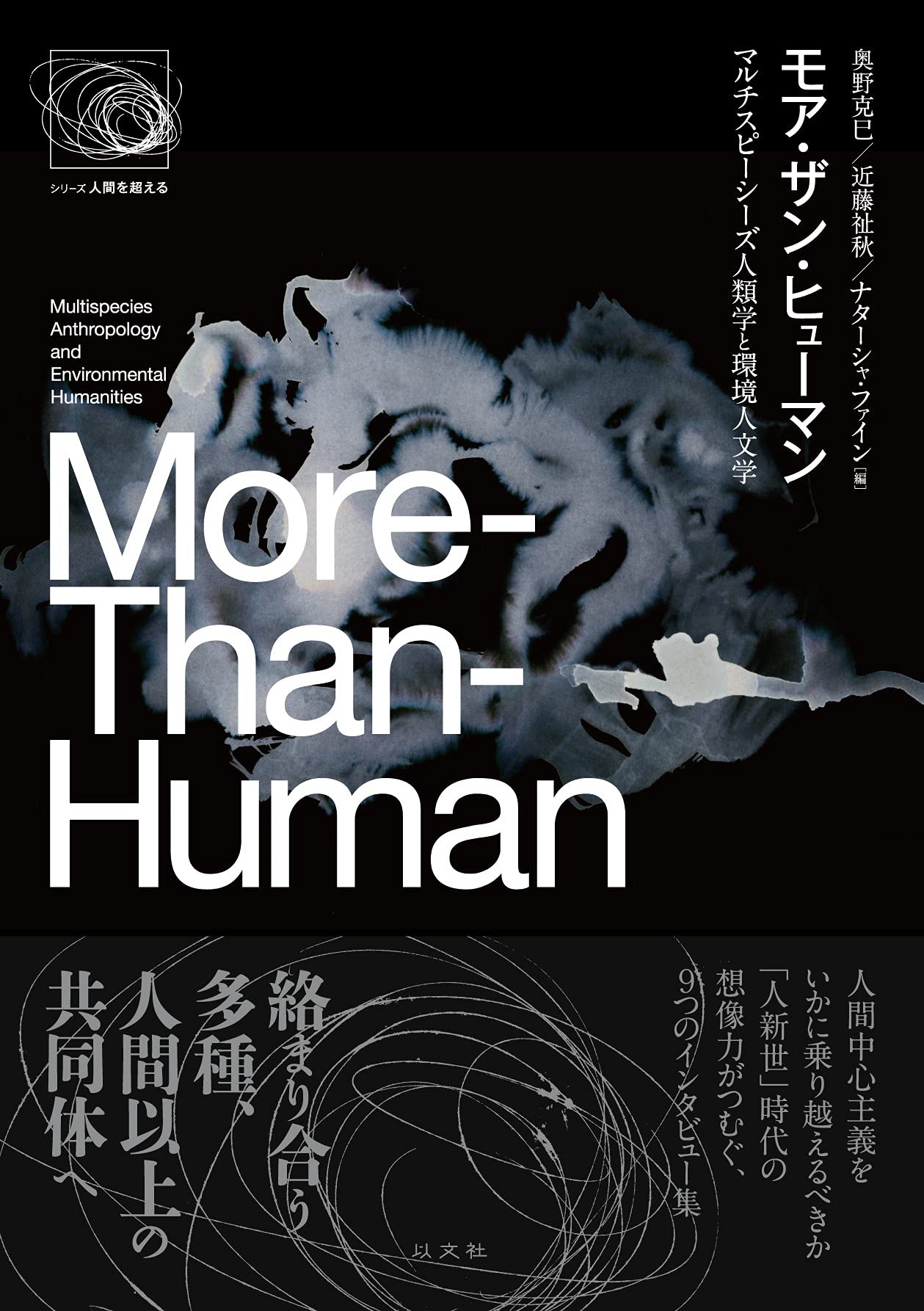
“Kōgyōgata chikusan ni okeru ningen: Dōbutsu no rōdō” [Thinking through Human-Animal Labor], in Katsumi Okuno, Shiaki Kondo, and Natasha Fijn, eds. More Than Human: Multispecies Anthropology and Environmental Humanities, book chapter, p. 57-77
Tokyo: Ibunsha
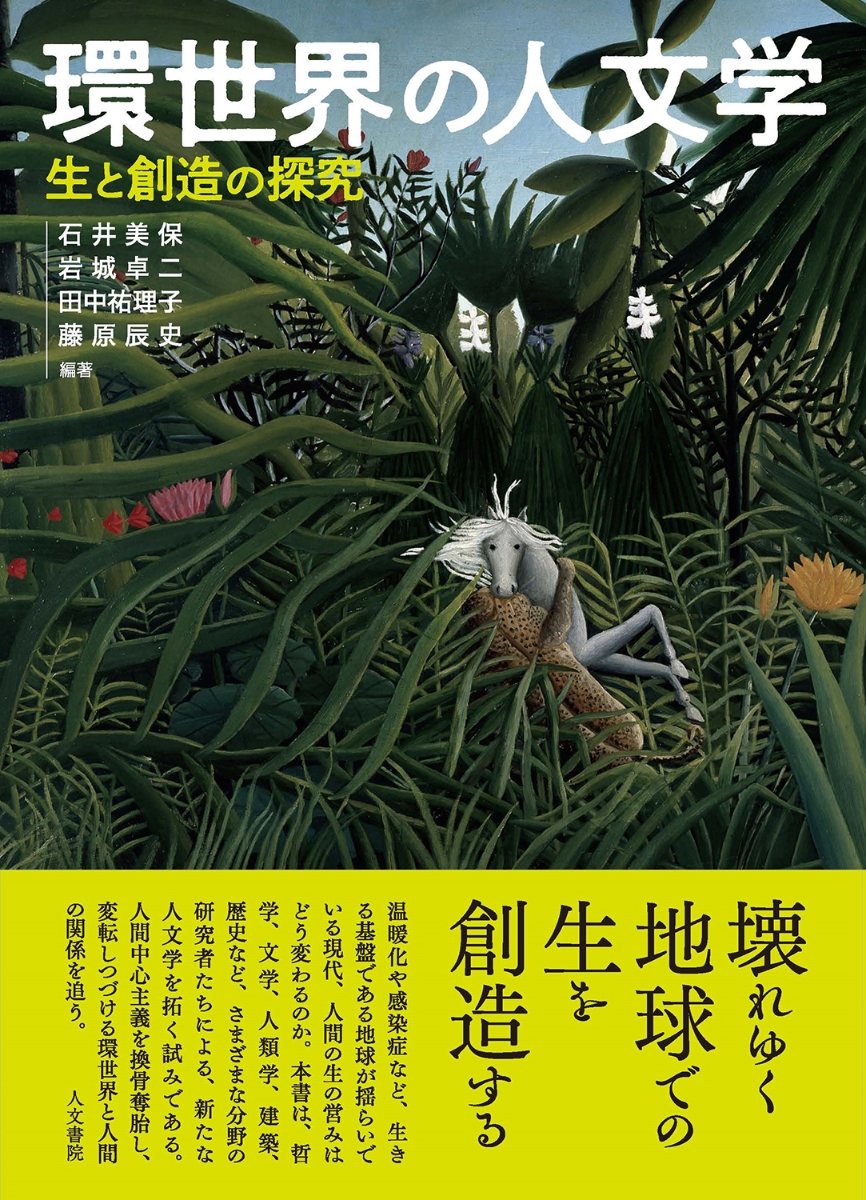
Humanities of Umwelt: Exploration of Life and Creativity
Kyoto: Jimbun Shoin
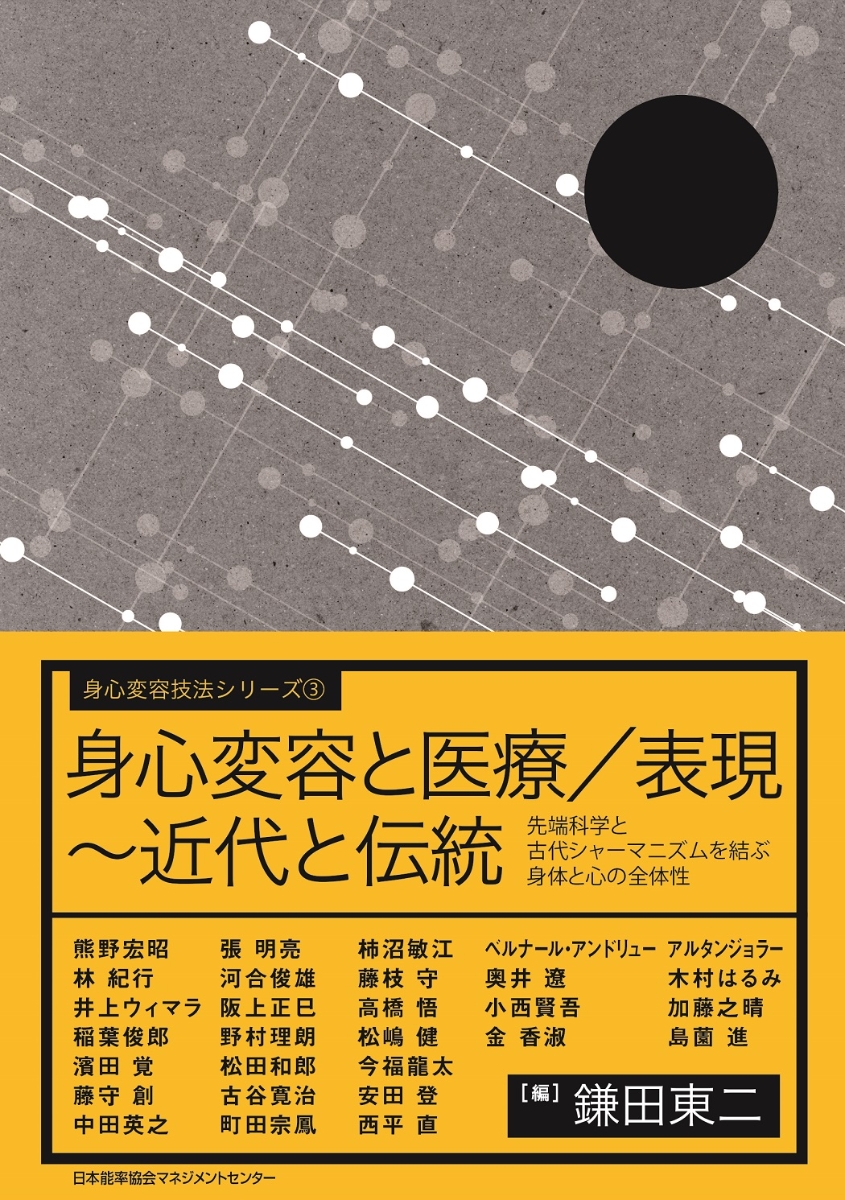
Body & Mind Transformation and Medicine/Expression: Modernity and Tradition
Tokyo: JMAM
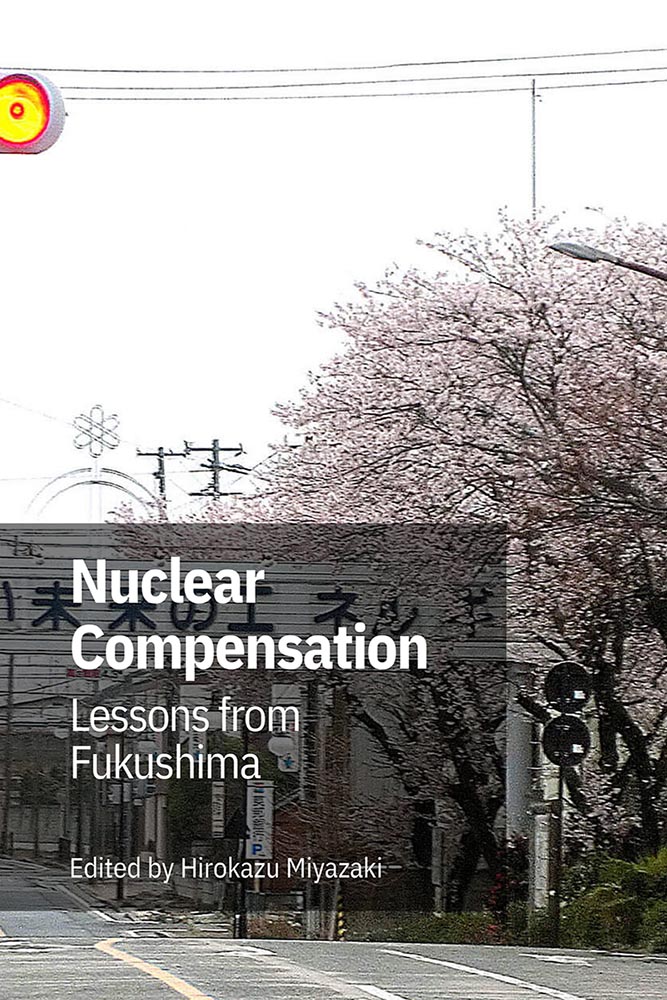
Nuclear Compensation: Lessons from Fukushima
Evanston: Northwestern University Libraries
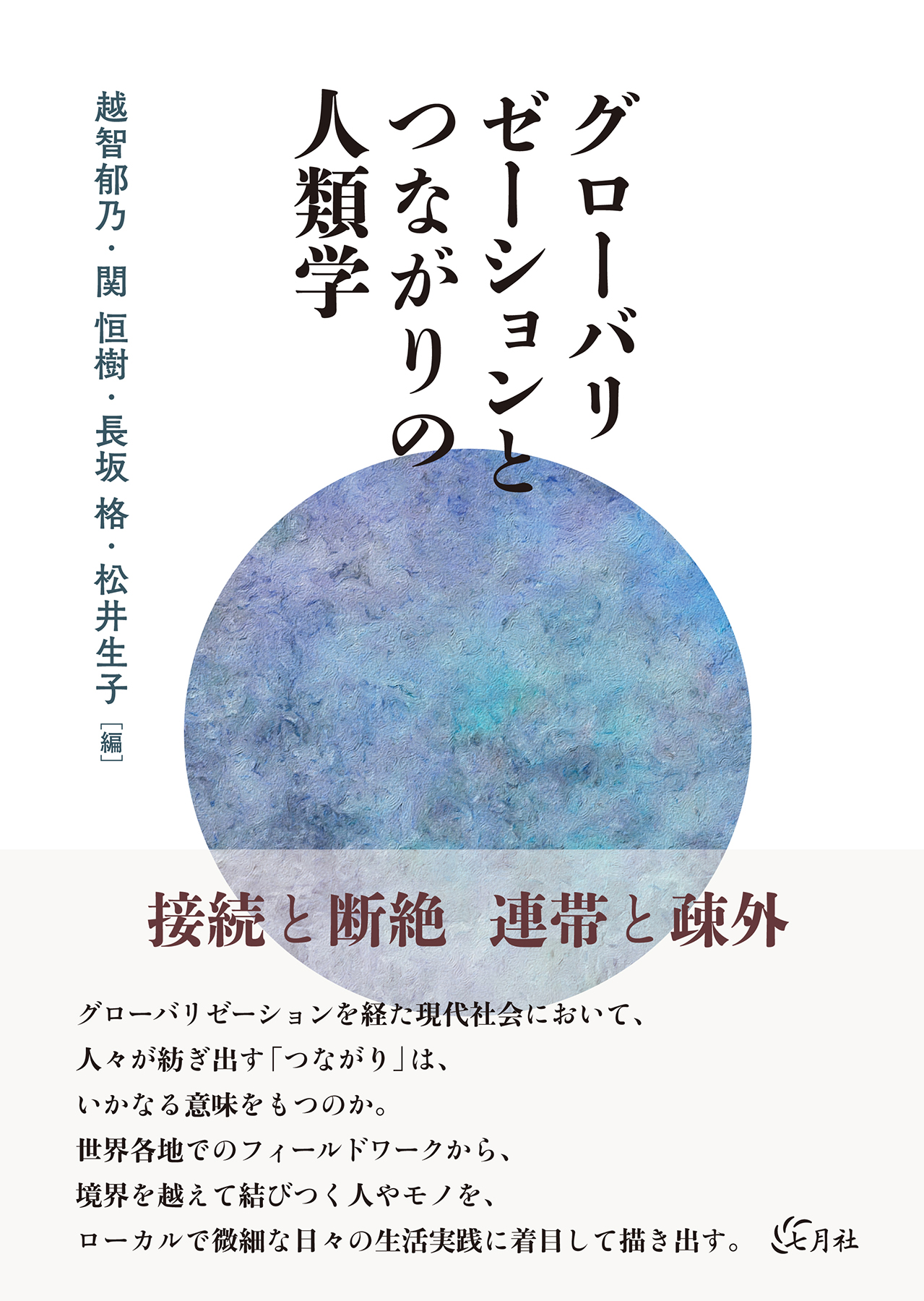
Globalization and Connected Anthropology
Tokyo: Shichigatsusha
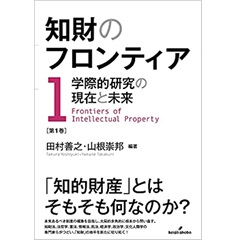
“Chiteki zaisan o meguru hitobito no ishiko no shōsei: Gendai jinruigaku no shiten kara” in Chizai no furontia 1: Gakusaiteki kenkyū no genzai to mirai
Tokyo: Keiso Shobo
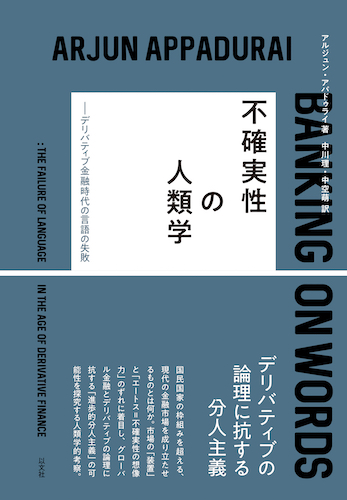
Fukakujitsusei no jinruigaku: Deribatibu kin’yū jidai no gengo no shippai
Tokyo: Ibunsha
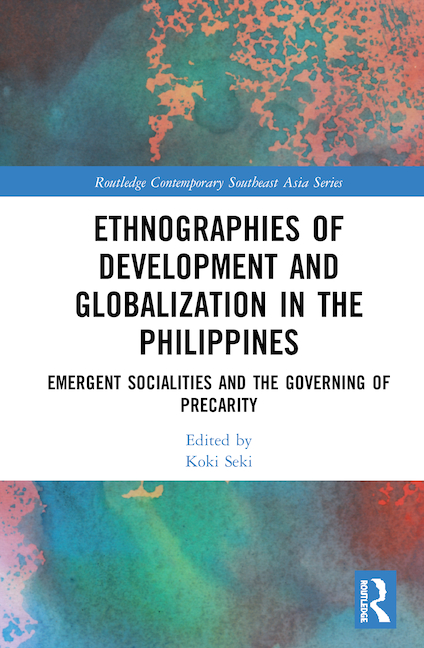
Ethnographies of Development and Globalization in the Philippines: Emergent Socialities and the Governing of Precarity
Oxon and New York: Routledge
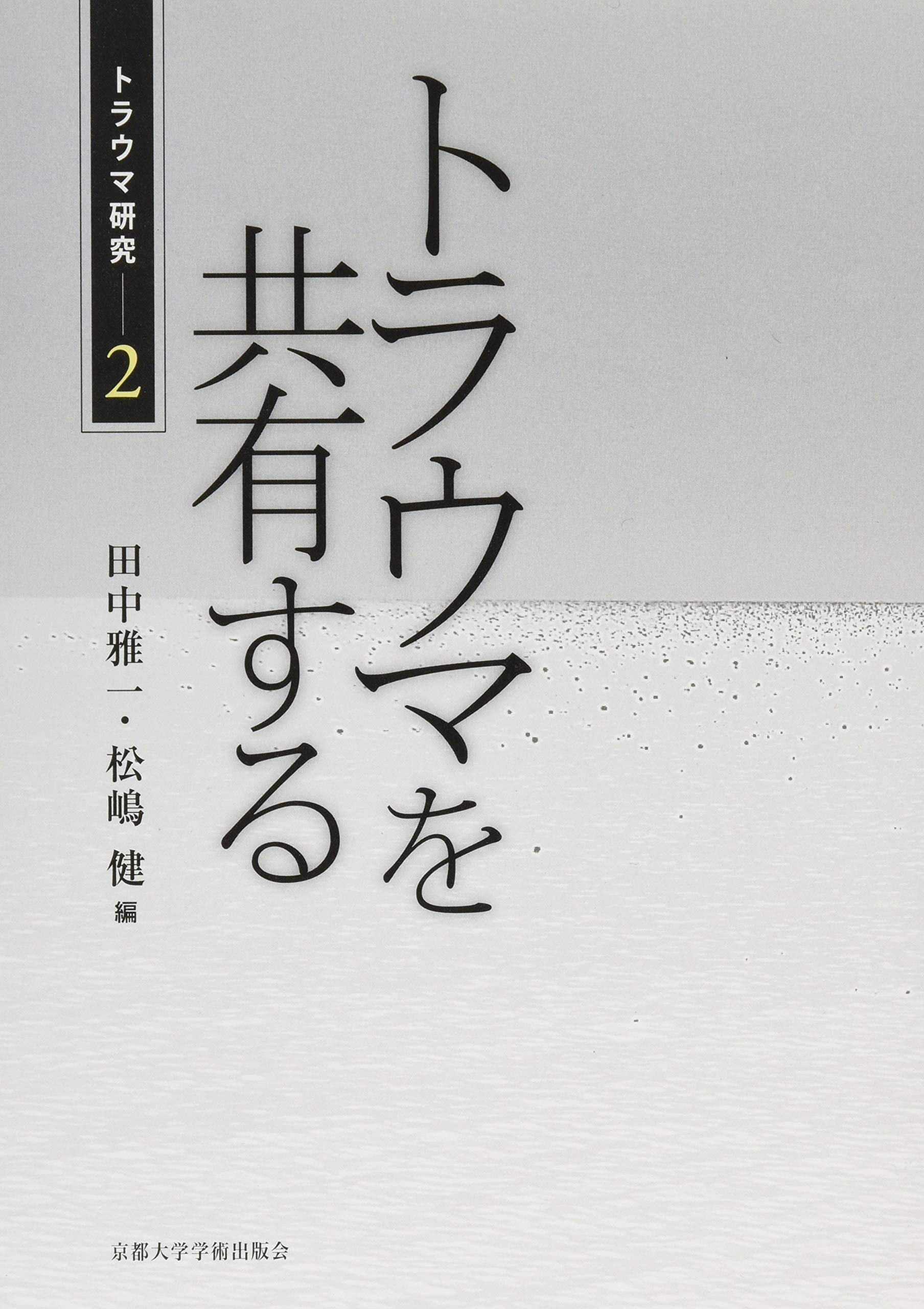
Surviving Traumatic Experiences: Trauma Studies II
Kyoto: Kyoto University Press
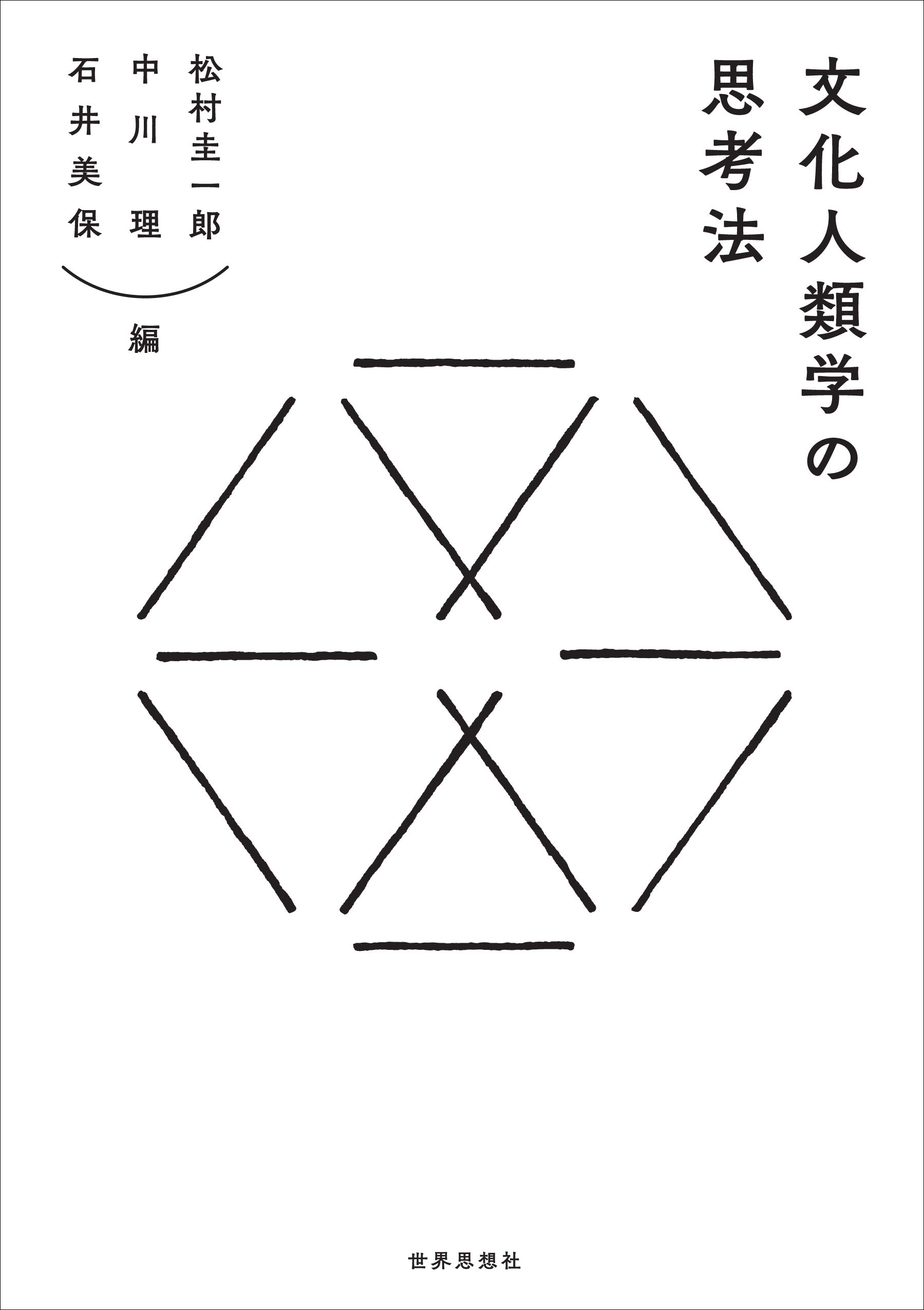
“Shizen to chishiki: Kankyō o dō toraeru ka?” in Anthropological Way of Thinking
Kyoto: Sekaishisosha

Anthropological Way of Thinking
Kyoto: Sekaishisosha
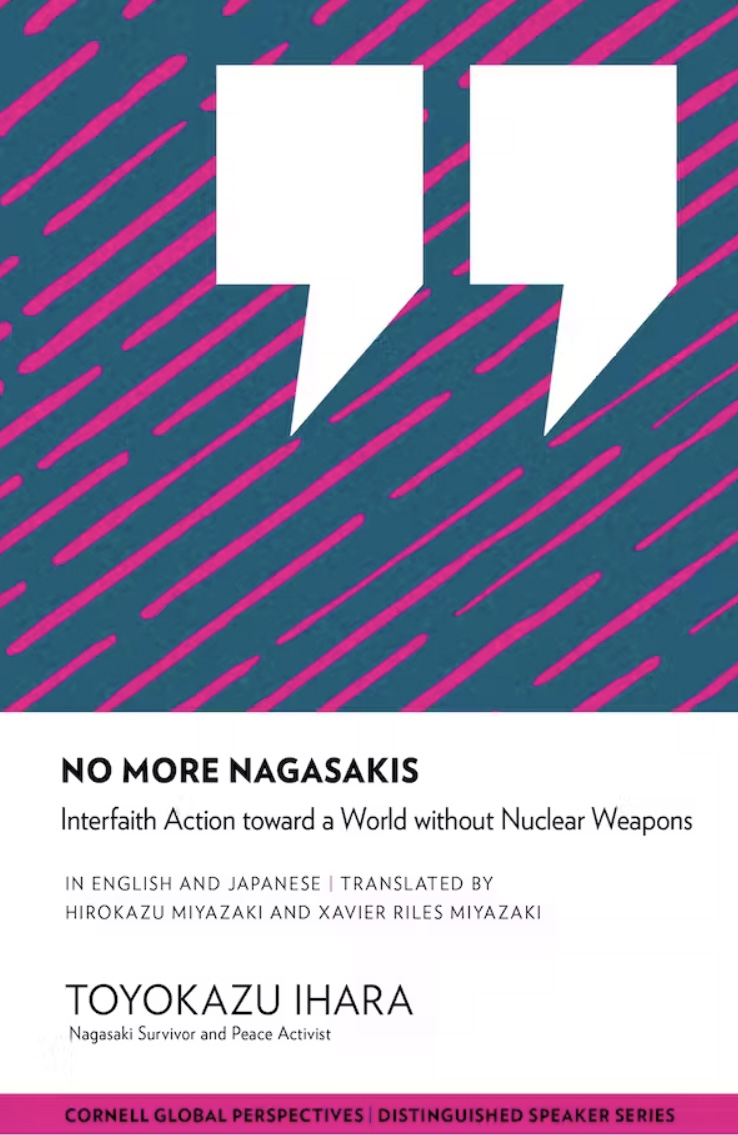
No More Nagasakis: Interfaith Action toward a World without Nuclear Weapons.
Hirokazu Miyazaki and Xavier Riles Miyazaki, trans.
Ithaca: Cornell University Press
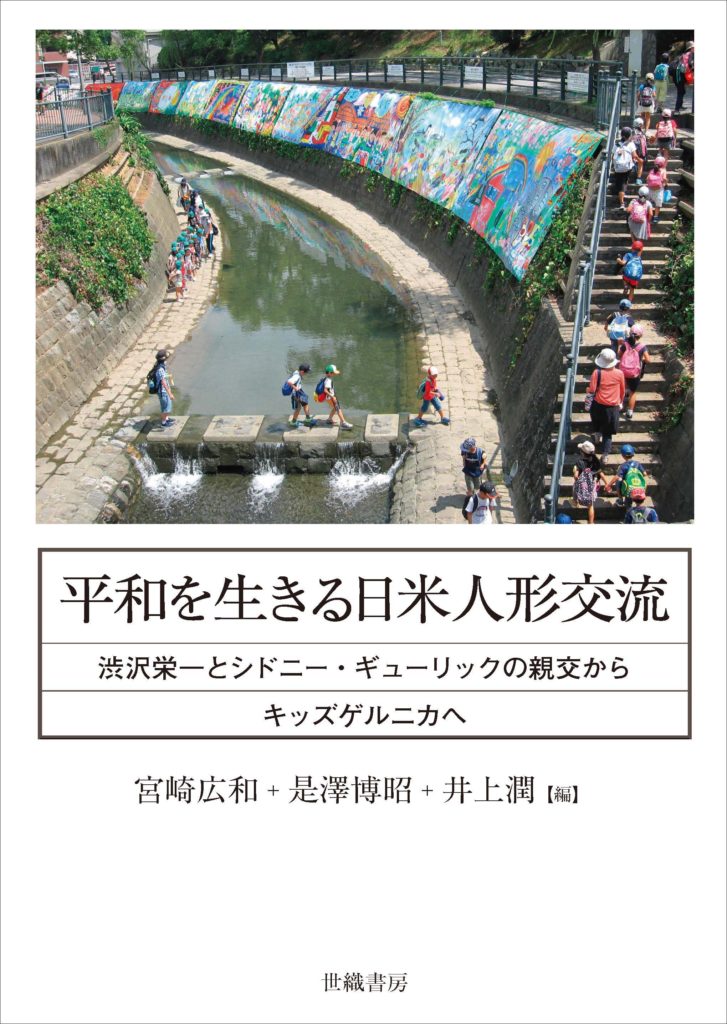
Heiwa o ikiru nichibei ningyō kōryū
Seori Shobō
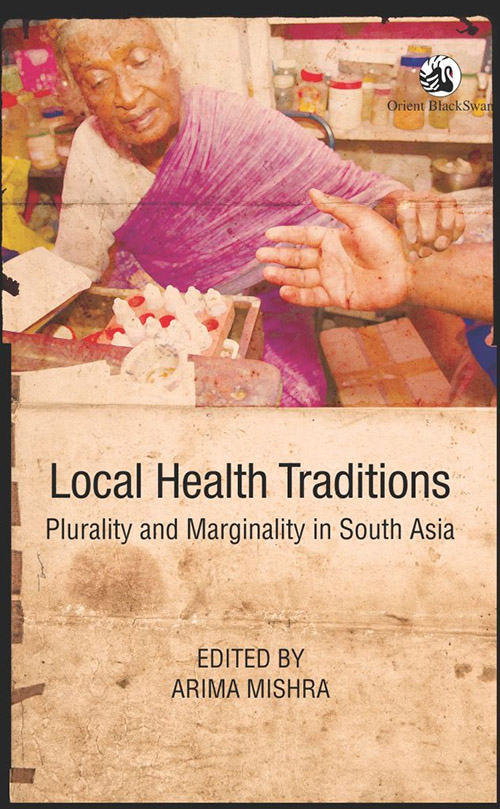
“Making ‘Pluralistic’ Health Systems: Documentation of “Folk” Ayurvedic Knowledge” in Arima Mishra, ed., Local Health Traditions: Pluralism and Marginality in South Asia
Hyderabad: Oriental Blackswan
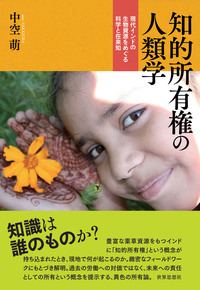
Chishiki shoyūken no jinruigaku: Gendai indo no seisan shigen o meguru kagaku to zairaichi (winner of the 47th Shibusawa Award)
Kyoto: Sekaishisosha
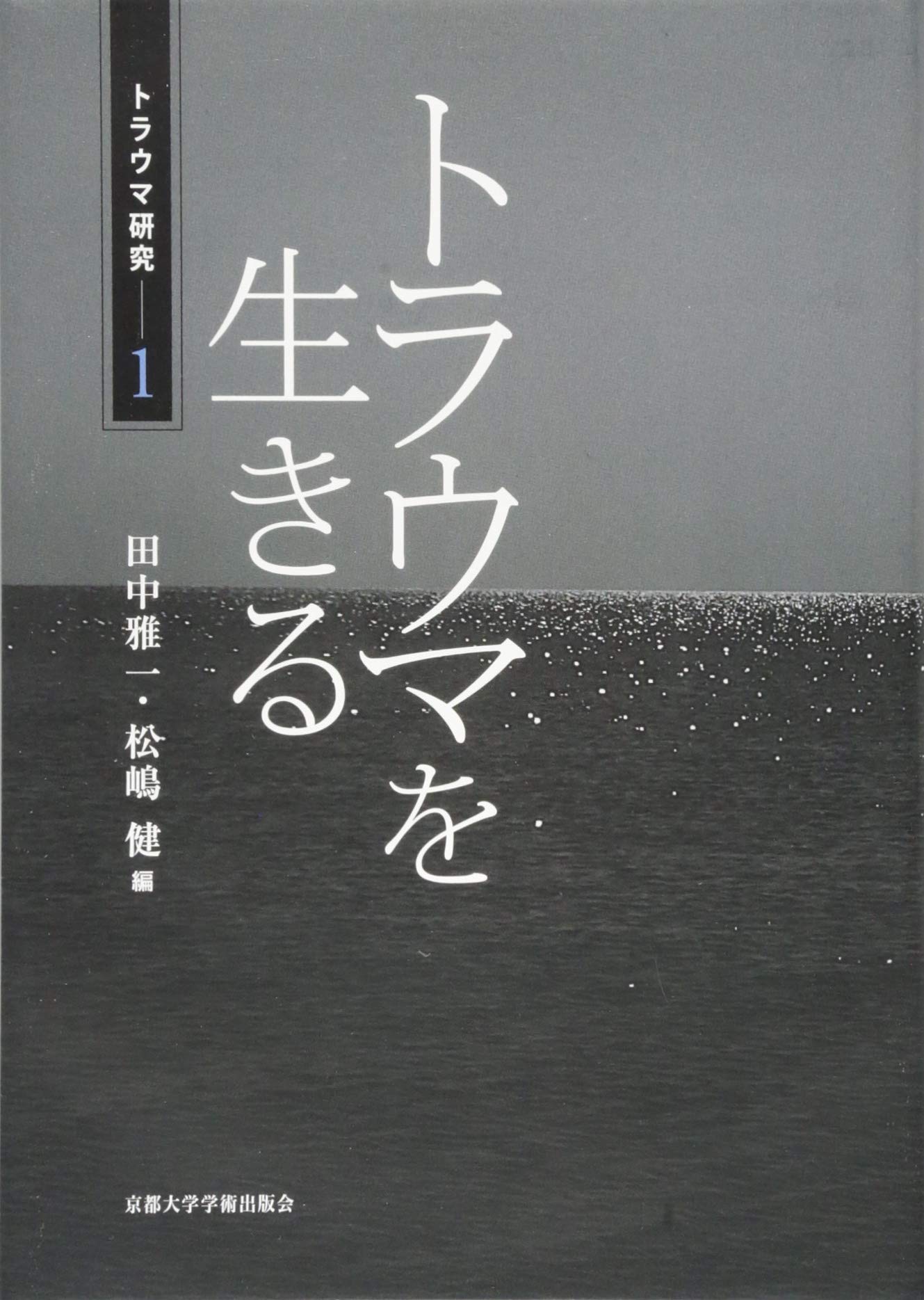
Surviving Traumatic Experiences: Trauma Studies I
Kyoto: Kyoto University Press
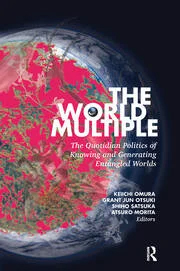
“Temporalities in translation: The making and unmaking of ‘folk’ Ayurveda and bio-cultural diversity” in The World Multiple: The Quotidian Politics of Knowing and Generating Entangled Worlds
Oxon and New York: Routledge
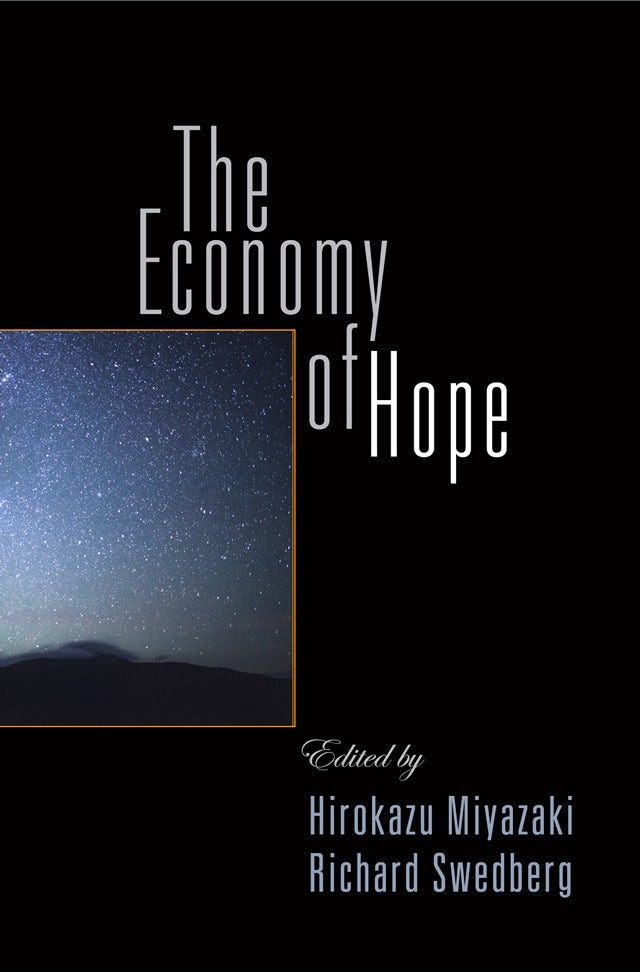
The Economy of Hope
Philadelphia: University of Pennsylvania Press
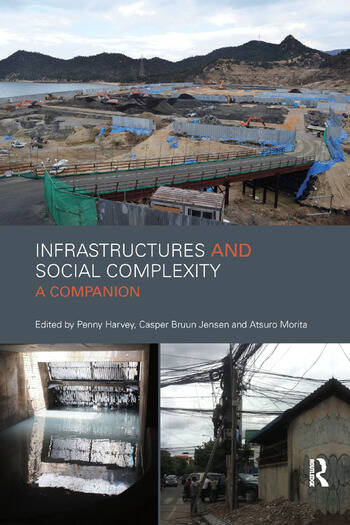
“Infrastructural Inversion and Reflexivity: A ‘Postcolonial’ Biodiversity Databasing Project in India” in Infrastructures and Social Complexity
Oxon and New York: Routledge
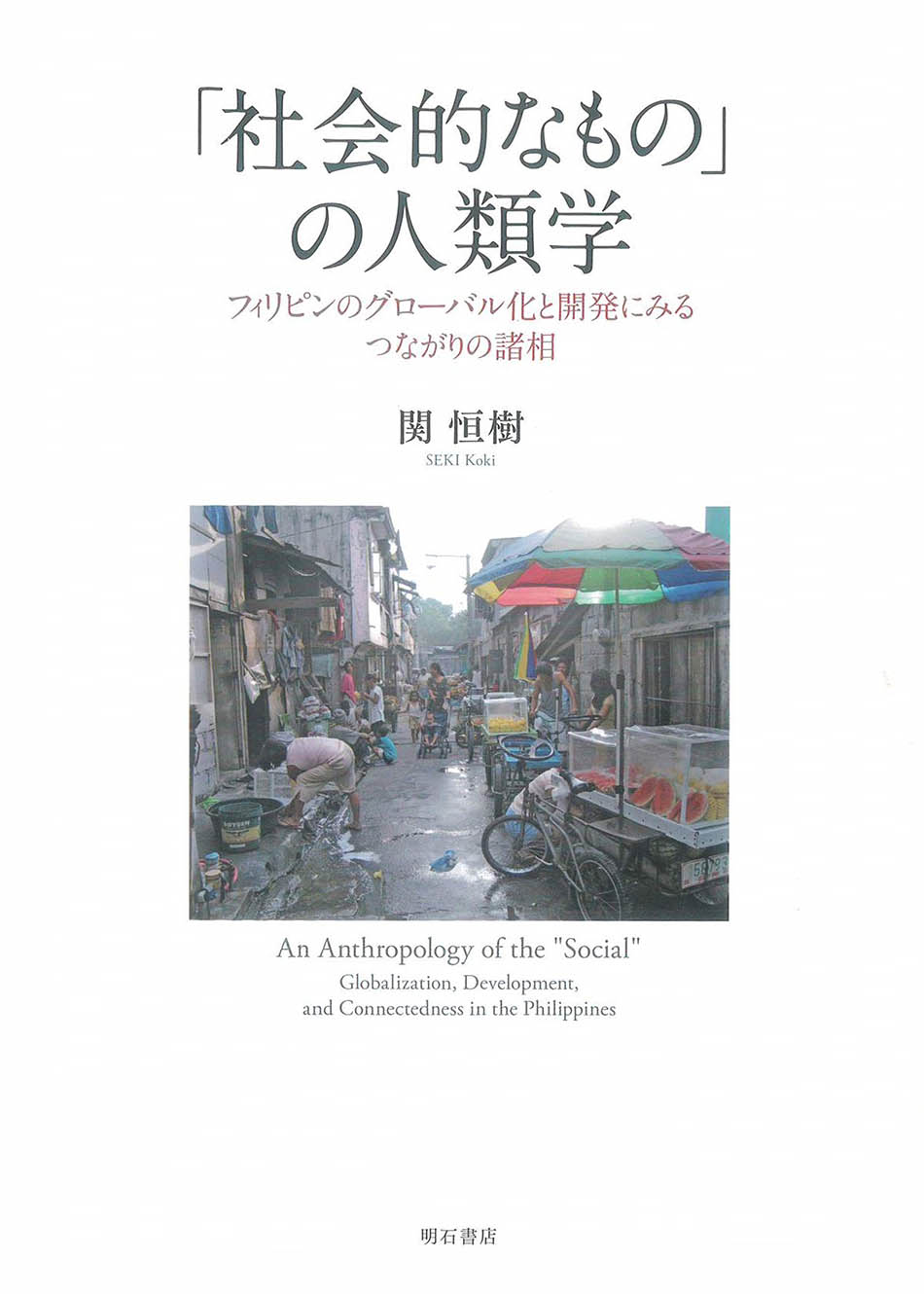
An Anthropology of the “Social”: Globalization, Development and Connectedness in the Philippines
Tokyo: Akashi Shoten
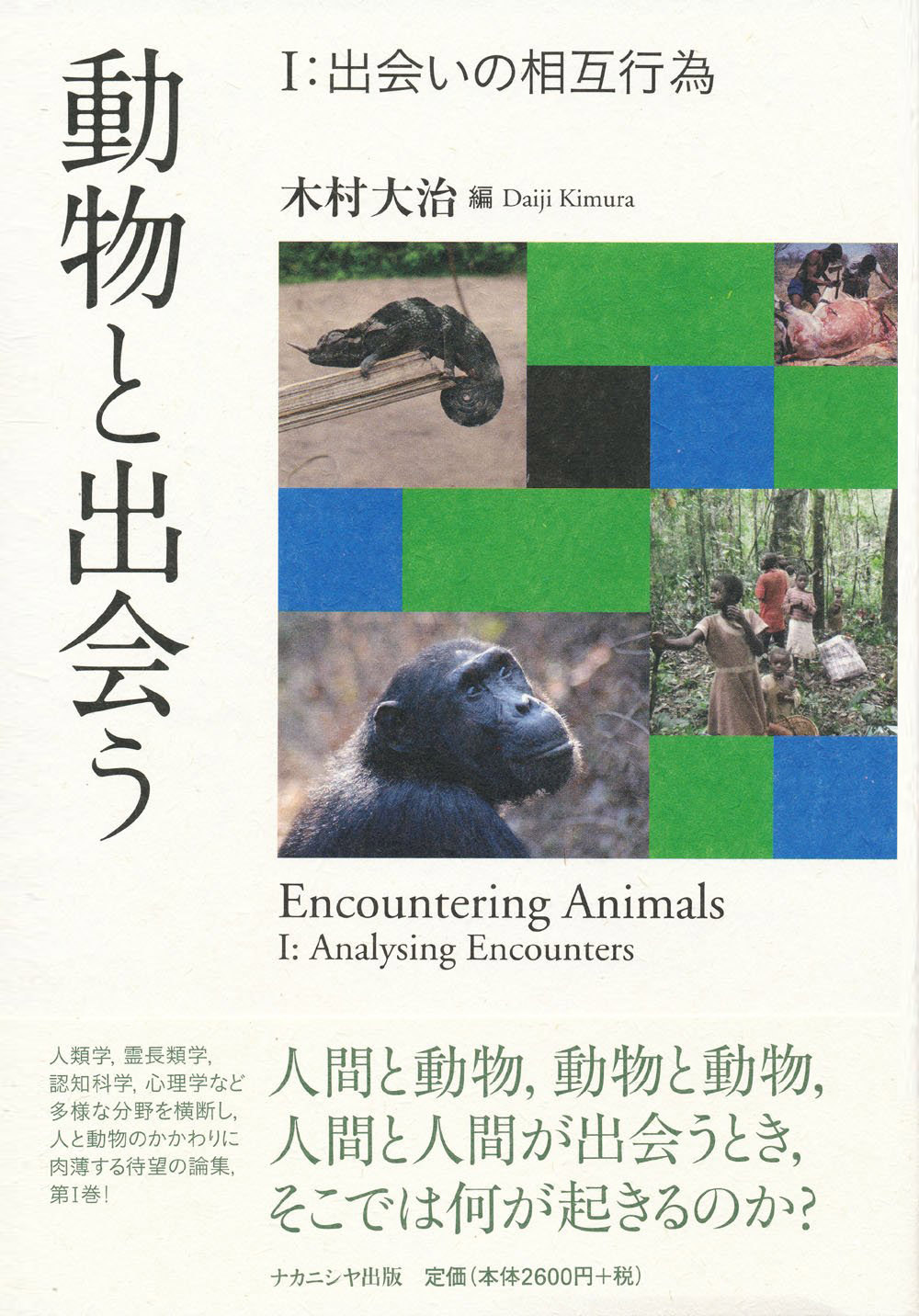
Encountering Animals I: Analysing Encounters
Kyoto: Nakanishiya
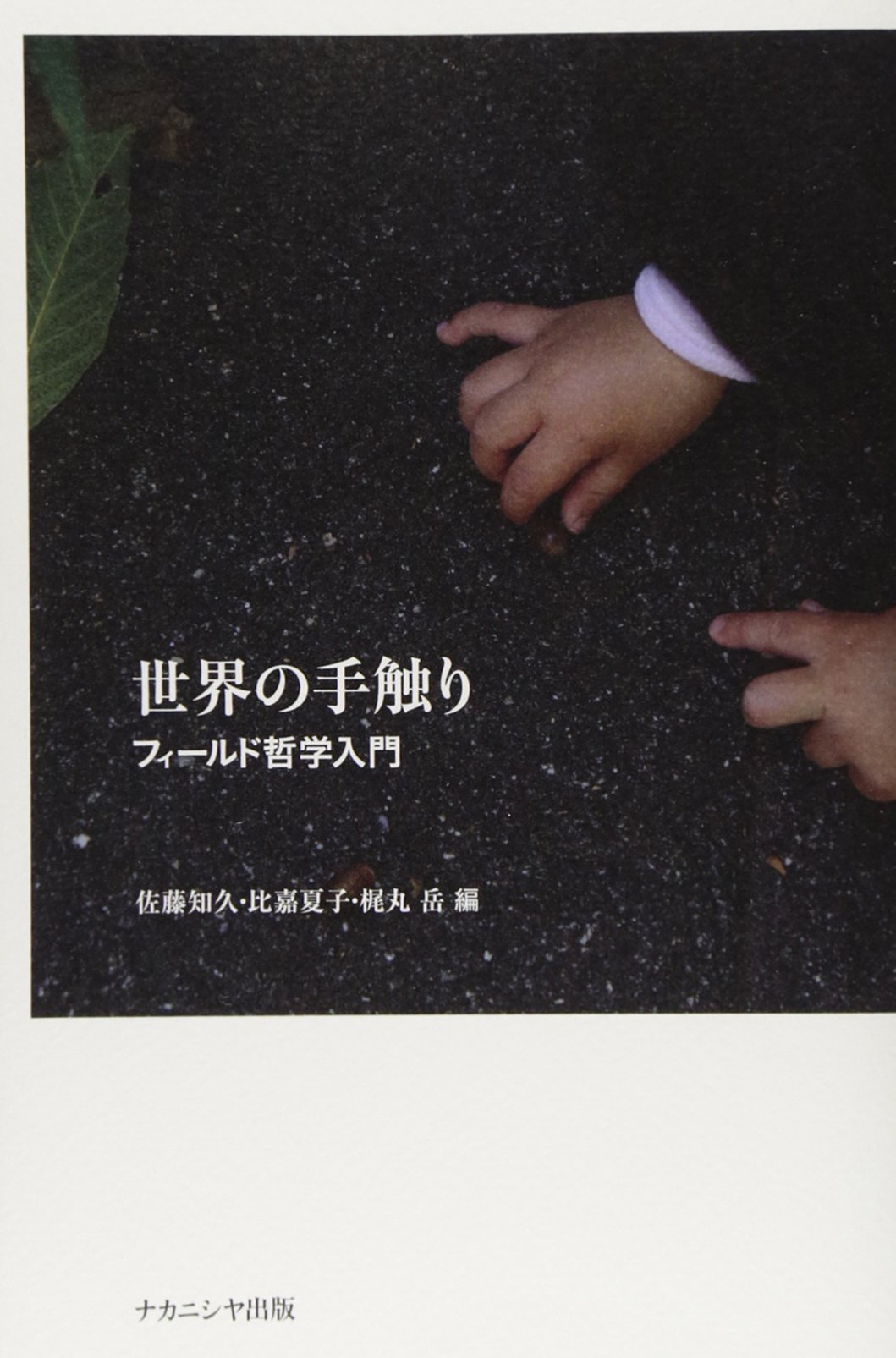
Texture of the World: An Introduction to Field Philosophy
Kyoto: Nakanishiya
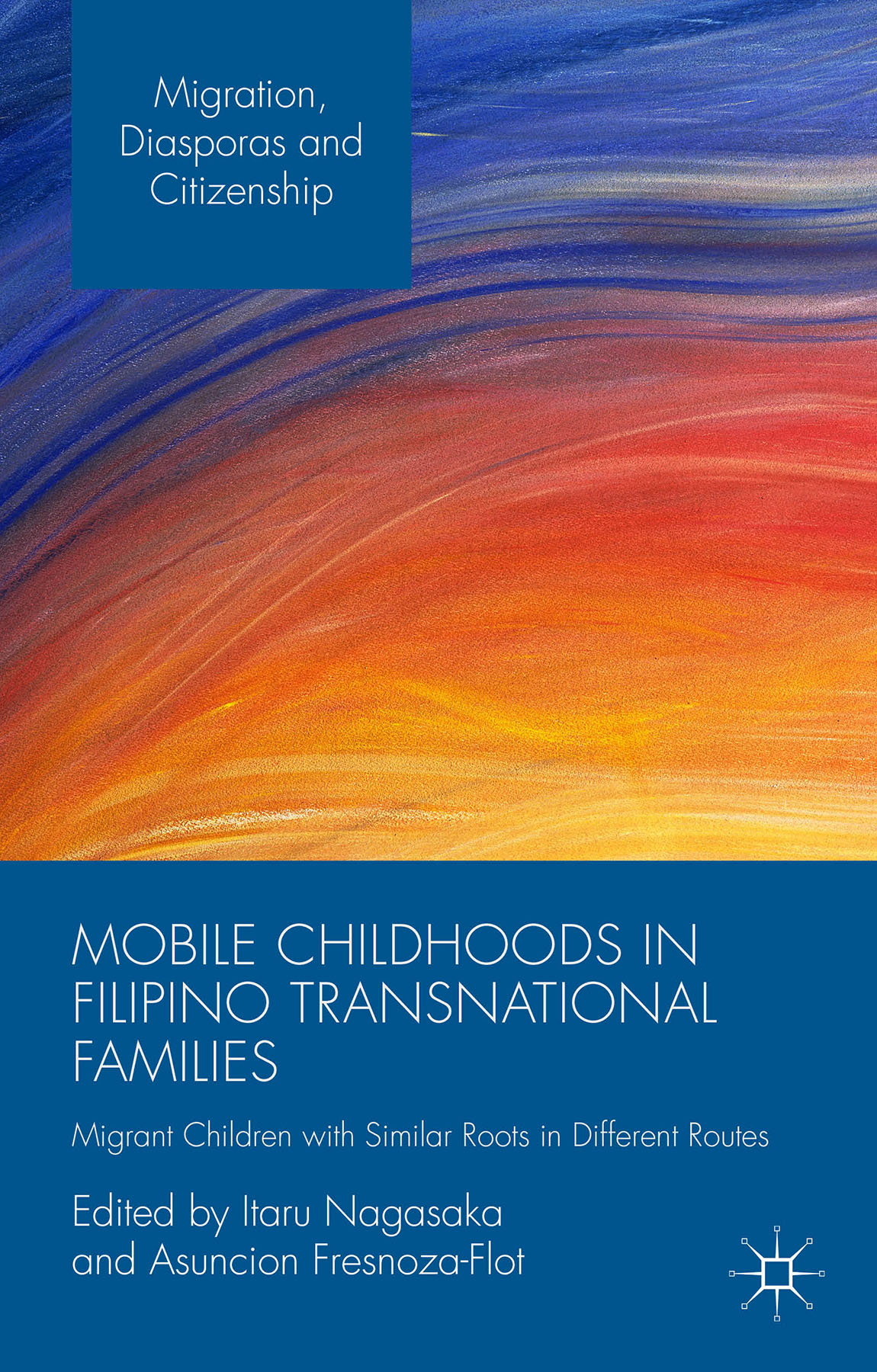
Mobile Childhoods in Filipino Transnational Families: Migrant Children with Similar Roots in Different Routes
Palgrave Macmillan
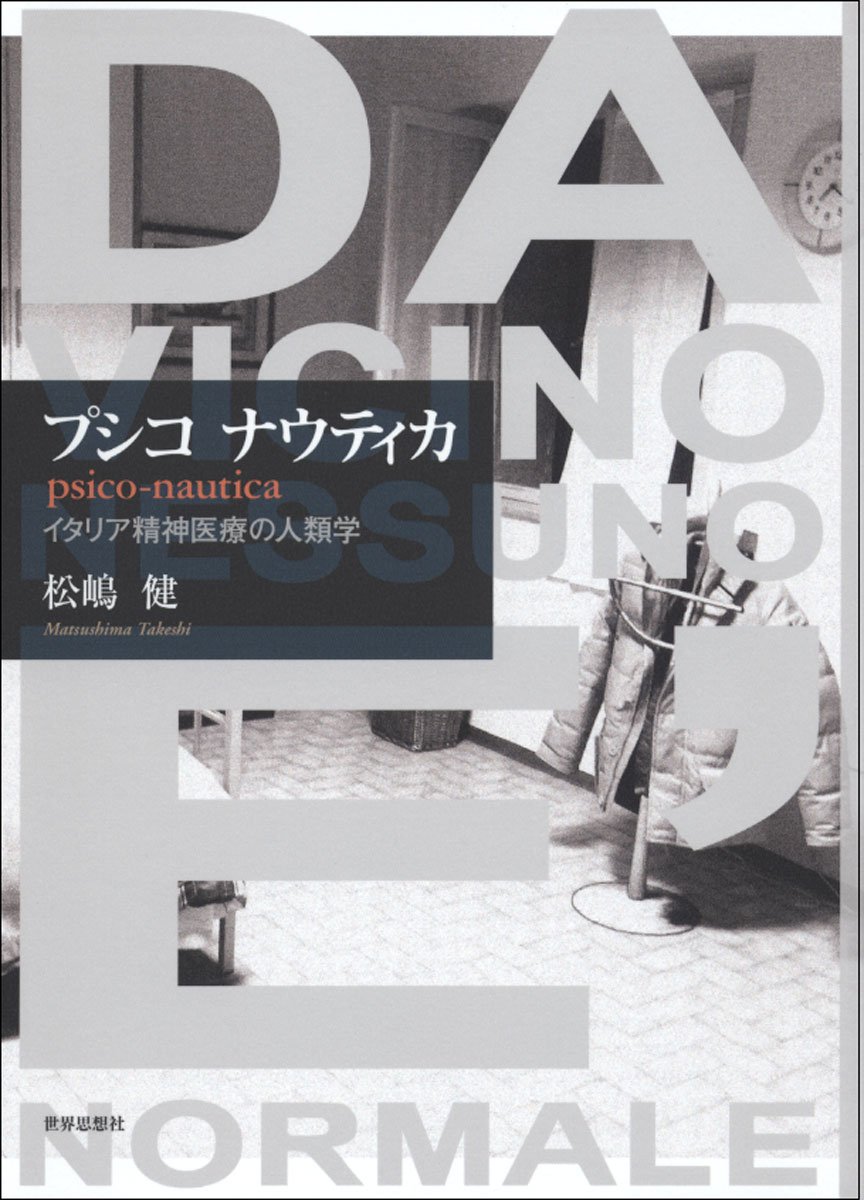
Psico-Nautica: Anthropology of Psichiatric Practice in Italy
Kyoto: Sekaishisosha
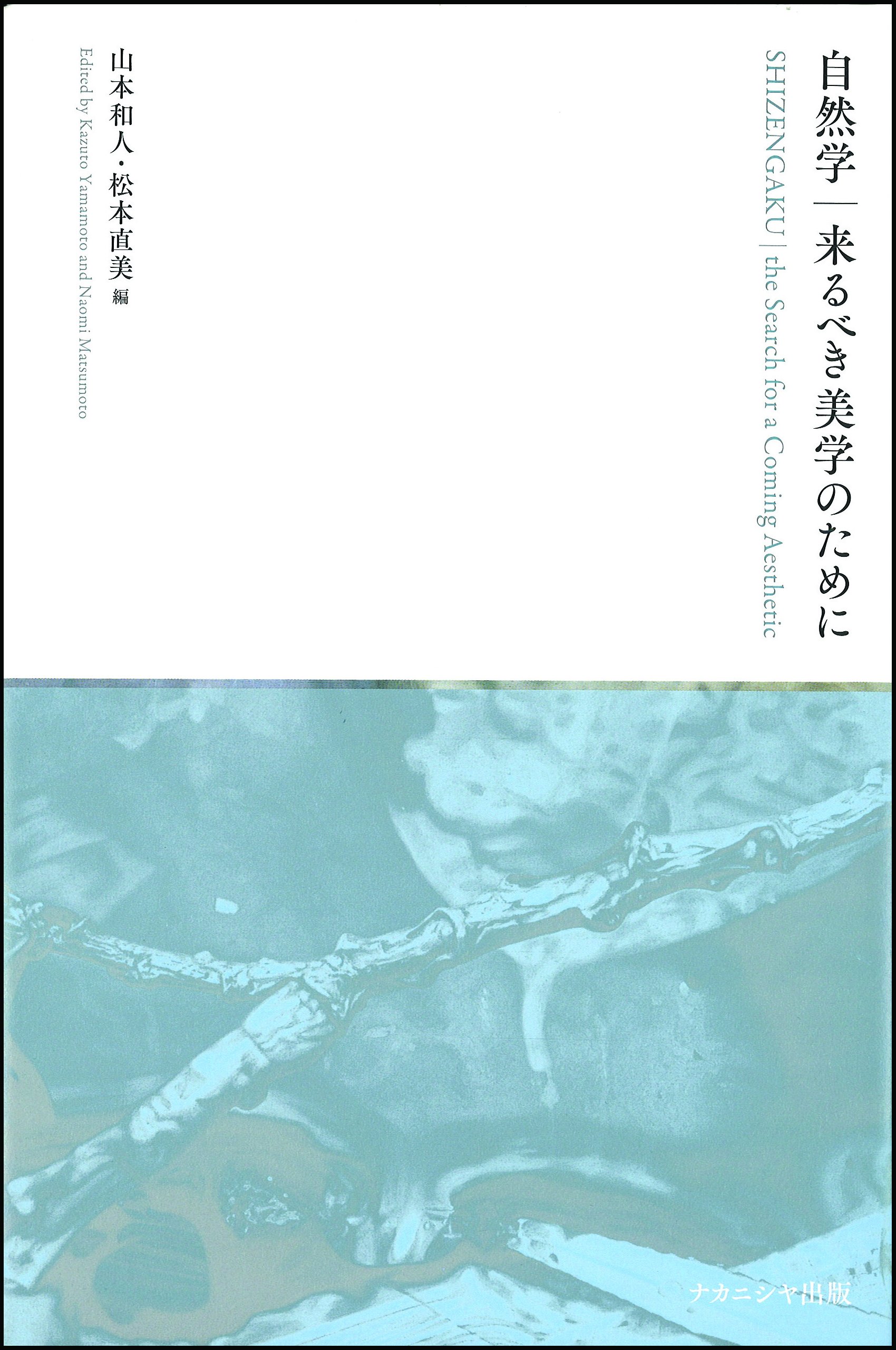
Shizengaku: For the Coming Aesthetics
Kyoto: Nakanishiya
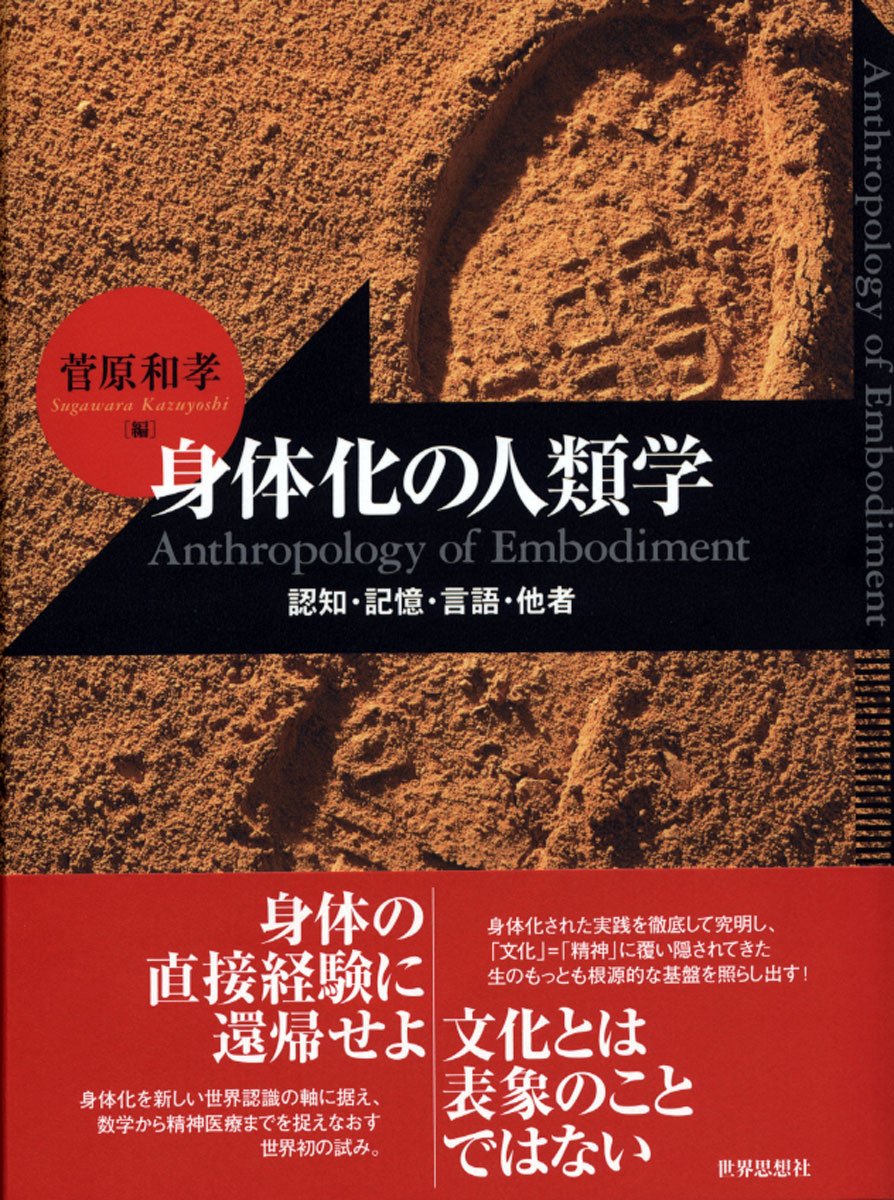
Anthropology of Embodiment: Cognition, Memory, Language and the Other
Kyoto: Sekaishisosha

Arbitraging Japan: Dreams of Capitalism at the End of Finance
Berkeley: University of California Press
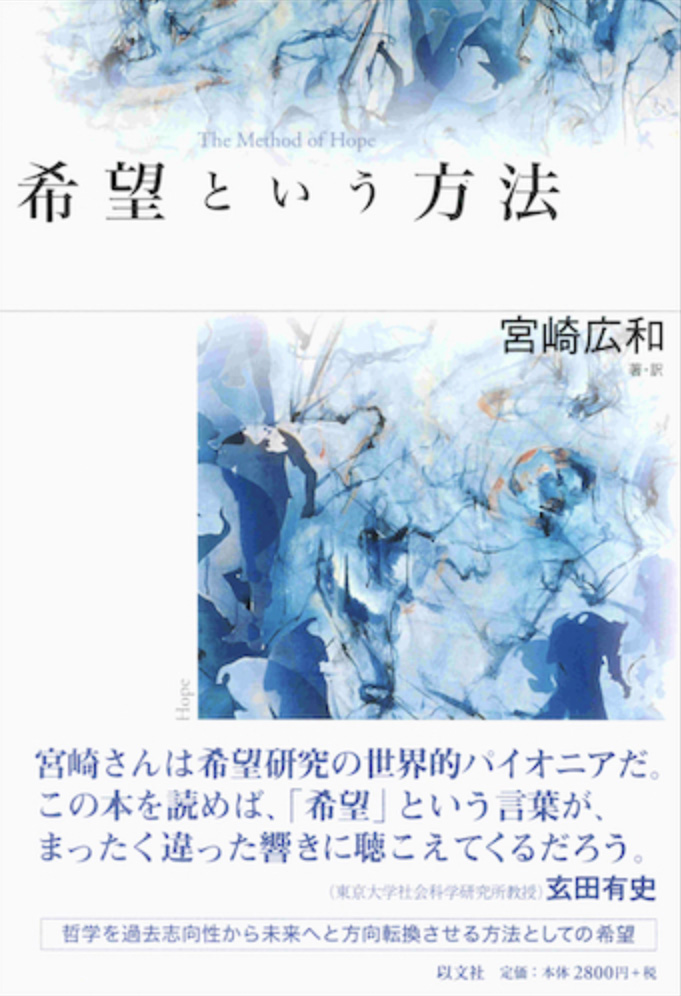
Kibō to iu hōhō (The Method of Hope)
Tokyo: Ibunsha
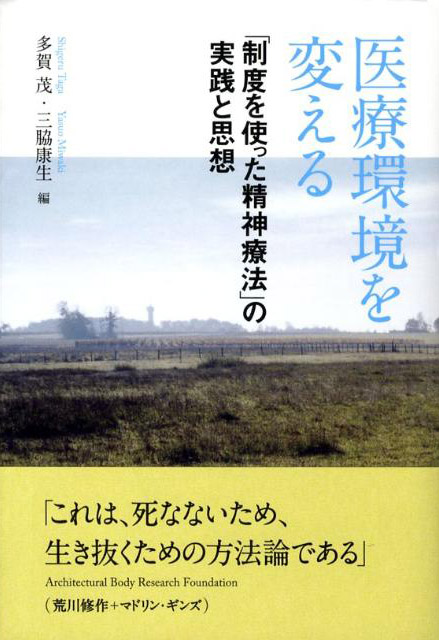
Changing Medical Environment: Practice and Philosophy of Institutional Psychotherapy
Kyoto: Kyoto University Press
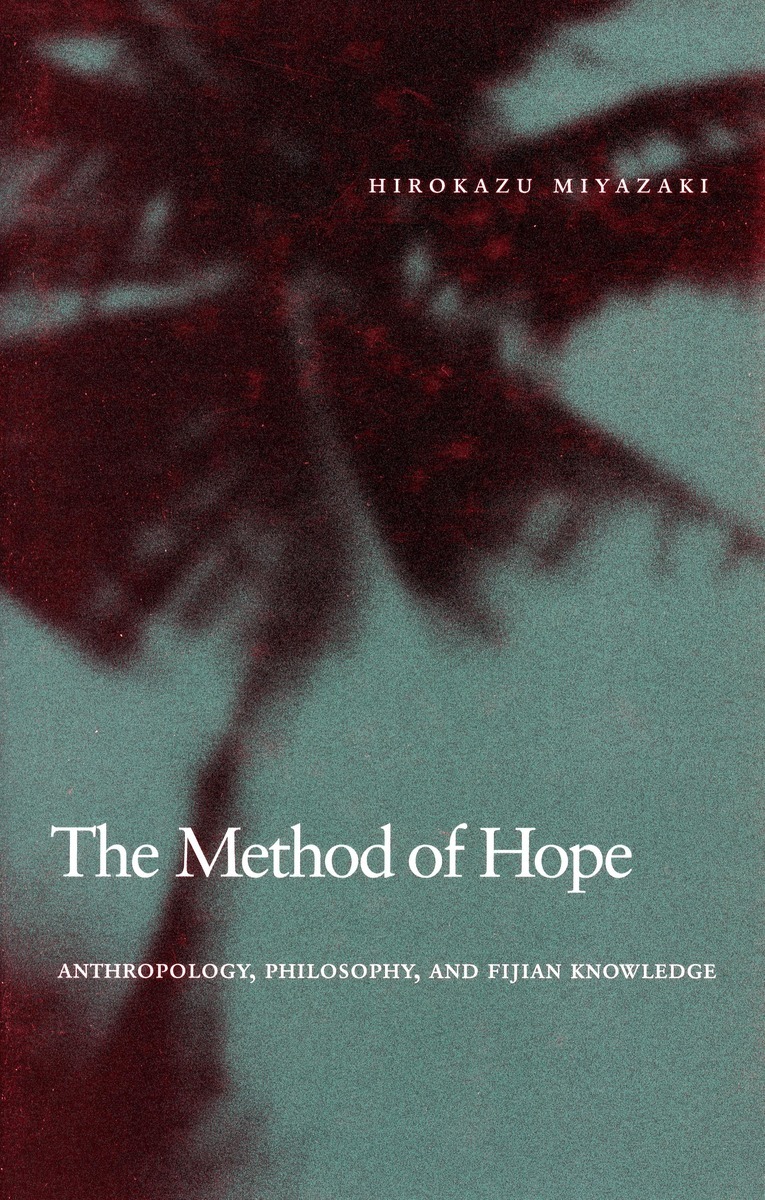
The Method of Hope: Anthropology, Philosophy, and Fijian Knowledge
Stanford: Stanford University Press

“Multispecies Ethnography” (in Shineha, Ryūma, and Kōichi Mikami eds. Introduction to Science, Technology and Society Studies), book chapter
Kyoto: Nakanishiya Shuppan

Kin’yū jinruigaku e no sasoi (For an Anthropology of Finance)
Tokyo: Suiseisha

City, Environment, and Transnationalism in the Philippines: Reconceptualizing “the Social” from the Global South
Oxon and New York: Routledge

“Kōgyōgata chikusan ni okeru ningen: Dōbutsu no rōdō” [Thinking through Human-Animal Labor], in Katsumi Okuno, Shiaki Kondo, and Natasha Fijn, eds. More Than Human: Multispecies Anthropology and Environmental Humanities, book chapter, p. 57-77
Tokyo: Ibunsha

Humanities of Umwelt: Exploration of Life and Creativity
Kyoto: Jimbun Shoin

Globalization and Connected Anthropology
Tokyo: Shichigatsusha

“Chiteki zaisan o meguru hitobito no ishiko no shōsei: Gendai jinruigaku no shiten kara” in Chizai no furontia 1: Gakusaiteki kenkyū no genzai to mirai
Tokyo: Keiso Shobo

Surviving Traumatic Experiences: Trauma Studies II
Kyoto: Kyoto University Press

“Shizen to chishiki: Kankyō o dō toraeru ka?” in Anthropological Way of Thinking
Kyoto: Sekaishisosha

Heiwa o ikiru nichibei ningyō kōryū
Seori Shobō

“Making ‘Pluralistic’ Health Systems: Documentation of “Folk” Ayurvedic Knowledge” in Arima Mishra, ed., Local Health Traditions: Pluralism and Marginality in South Asia
Hyderabad: Oriental Blackswan

“Temporalities in translation: The making and unmaking of ‘folk’ Ayurveda and bio-cultural diversity” in The World Multiple: The Quotidian Politics of Knowing and Generating Entangled Worlds
Oxon and New York: Routledge

The Economy of Hope
Philadelphia: University of Pennsylvania Press

Encountering Animals I: Analysing Encounters
Kyoto: Nakanishiya

Texture of the World: An Introduction to Field Philosophy
Kyoto: Nakanishiya

Shizengaku: For the Coming Aesthetics
Kyoto: Nakanishiya

Anthropology of Embodiment: Cognition, Memory, Language and the Other
Kyoto: Sekaishisosha